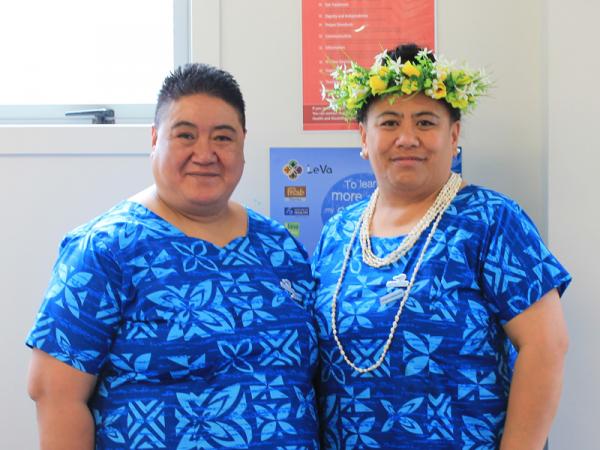Susanne
Pacific models create non-discriminatory environments
Susanne Cummings' journey started almost 20 years ago when she lived through a traumatic experience and lost someone very dear to her.
“After a few years, my ‘mentality’ changed and I started hearing voices,” she recalls. “I thought I was talking to the person I lost. My sister, who is a clinician, noticed that something wasn’t right, so they hospitalised me and did tests. That was the start of my history of mental illness.”
Susanne’s personal experience led her to work with peer organisations, which involved liaising with different mental health services and visiting people in mental health wards.
“I didn’t like the way Tangata Toa [our strong people] were being treated. It made me wonder whether people weren’t getting well because they weren’t being looked after properly.”
It was this desire to help Tangata Toa that motivated Susanne. She started DBT (Dialectical Behaviour Therapy) and mindfulness skills to help her overcome her mental distress. “Getting better myself, made me keen to help others.”
The voice of Tangata Toa is empowering
Susanne went on to complete a national mental health certificate level 4, and became the delegate chairperson for Vaka Ola.
“Then Kupa Kupa, who was the manager of Vaka Ola at the time, recommended me for the role of support person and thought I’d be able to help others.”
Her work at Vaka Ola eventually led to her current role as the Pacific Like Minds, Like Mine project coordinator with Vaka Tautua.
The project covers four main areas and outcomes:
- Working with employers who have a large Pacific workforce.
- Talking with Pacific Youth and their families so they have a better understanding of stigma and discrimination
- Networking within Pacific communities at churches and other natural gathering places so people will be more engaged with Tangata Toa.
- Equipping Pacific Tangata Toa involved in leading this project with useful transferable skills they can use in their continuing leadership journeys.
“We use Pacific models, practices and languages to create safe, non-discriminatory environments,” Susanne explains. “I talk about the Step Forward campaign and show them the Pita Alatini video and the Katy video. We also use the Monopoly game, but change the ‘stations’ to mental health services.”
It all works together to help put people in Tangata Toa’s shoes. “Then we ask them to strategise putting positive policies in place. It’s amazing to see them think it through - we’ve had great feedback from those sessions.”
Changing people’s mindsets one workshop at a time
Susanne gets a great deal of satisfaction from her job and loves seeing how her work with the Like Minds, Like Mine programme can change people’s mindsets.
“We have people tell us they ‘feel more open about sharing their thoughts without being judged’ – and that they’ve learnt ‘it doesn’t matter who you are or how unwell you may be, you can get support’.”
However, it is her work with Tangata Toa that is her favourite part of the job. “Our Pacific Tangata Toa leadership programme uses the power of contact, self-motivation and lots of different activities to help empower Tangata Toa to find themselves and then build their skills,” Susanne says.
“We recently had a youth expo and had student placements with us. One has experience of bipolar but had never spoken about it. Now she is not afraid to let people know. Another (25 year-old) thought people with experience of mental distress couldn’t be worked with – now after working with us she has totally changed her mind.”
In her personal life, Susanne can’t speak highly enough of her family (Mum Parerima, Dad Matthew Cummings, as well as her brothers, sisters), friends and work colleagues (Teina Powell and Faye Seumanutafa).
“They are my number one supporters. I’ve had a few episodes and I’ve always been able to ring them - they have helped me to maintain my wellness.”
Good reads

Editorial
Five ways to reduce discrimination
Mental illness discrimination has a long, pervasive history. Many widely held negative... Read more
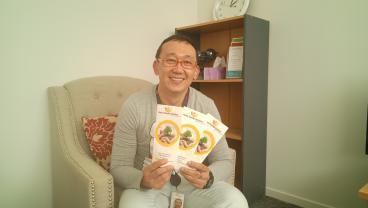
Community Grants
Ivan's project: "You Are Not Alone"
You Are Not Alone is a video and poster campaign produced by... Read more
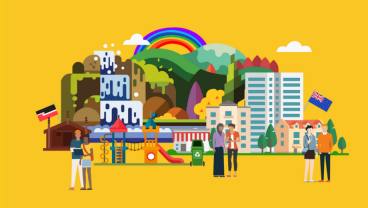
Ngā Kōrero and mental distress
What young people want
People under the age of 25 make up around 33% of our... Read more
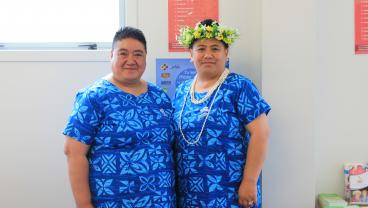
Pacific models create non-discriminatory environments
Susanne
Susanne Cummings' journey started almost 20 years ago when she lived through... Read more
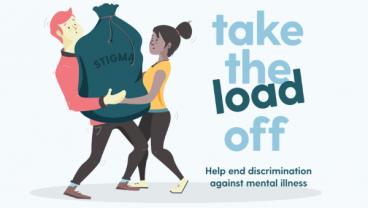
Editorial
Take the Load Off
Take the Load Off is an online campaign to reduce mental illness... Read more

Rainbow identities and mental distress
Discrimination, compounded
Moira Clunie is a community advocate whose work focuses on making New... Read more

